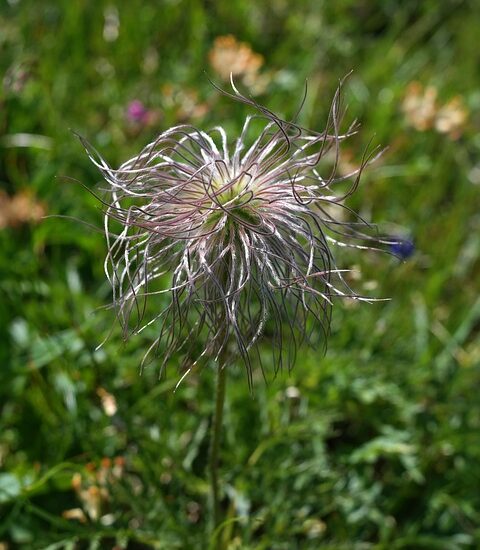
Language and Identity: The Role of Kurdish in the Diaspora
Language and Identity: The Role of Kurdish in the Diaspora
Kurdish Language and Culture
Kurdish language is an important aspect of Kurdish identity, recognized by many as the key defining factor of the Kurdish people. With an estimated 30-40 million speakers worldwide, Kurdish is one of the largest minority languages in the Middle East. The Kurdish language has its own unique alphabet, which sets it apart from other languages in the region.
Kurdish culture is deeply intertwined with the language, as it plays a crucial role in preserving traditional customs, beliefs, and values. Many Kurdish songs, poems, stories, and myths are written in Kurdish, reflecting the rich cultural heritage of the Kurdish people. Language is not only a means of communication but also a way for Kurds to express their identity and heritage.
Kurdish Diaspora
Due to historical and political reasons, Kurds have been dispersed across the globe, resulting in a large Kurdish diaspora community. The Kurdish diaspora is estimated to number around 2-3 million people, with significant populations in Europe, North America, and Australia. Kurds in the diaspora face unique challenges related to preserving their cultural identity while adapting to the host society.
Language plays a crucial role in the preservation of Kurdish identity within the diaspora community. Despite the challenges of living in a foreign country, many Kurds in the diaspora make a concerted effort to pass down the Kurdish language to future generations. This is often done through language classes, cultural events, and community organizations that promote Kurdish language and culture.
Challenges Faced by the Kurdish Diaspora
One of the main challenges faced by the Kurdish diaspora is the pressure to assimilate into the dominant culture of the host country. This can lead to a loss of language and cultural identity among younger generations of Kurds growing up in the diaspora. Language maintenance becomes particularly difficult when Kurdish parents do not speak the language fluently or do not prioritize its transmission to their children.
Another challenge faced by the Kurdish diaspora is discrimination and marginalization based on their ethnic and linguistic identity. Kurds in the diaspora often face stereotypes and prejudice, which can further alienate them from their cultural roots. This can make it harder for Kurds to maintain a strong connection to their language and heritage.
The Role of Kurdish Language in Preserving Identity
Despite these challenges, the Kurdish language continues to play a vital role in preserving Kurdish identity within the diaspora community. Language is a powerful tool for fostering a sense of belonging and unity among Kurds living in different parts of the world. Speaking Kurdish can serve as a source of pride and solidarity, helping Kurds in the diaspora stay connected to their roots.
Many Kurdish community organizations in the diaspora place a strong emphasis on promoting the Kurdish language and culture through a variety of initiatives. Language classes, cultural events, and publications are just some of the ways in which Kurds in the diaspora seek to maintain and promote their linguistic heritage. By actively engaging with the Kurdish language, diaspora Kurds are able to uphold their cultural identity and pass it on to future generations.
Conclusion
In conclusion, the Kurdish language plays a crucial role in preserving Kurdish identity within the diaspora community. Despite the challenges faced by Kurds living in foreign countries, language remains a powerful tool for maintaining a connection to Kurdish heritage and culture. By actively promoting the Kurdish language and fostering a sense of pride in their linguistic identity, Kurds in the diaspora are able to strengthen their ties to their roots and ensure the survival of their unique cultural heritage. Language is not just a means of communication but a symbol of Kurdish identity, resilience, and unity.
Leave a Reply